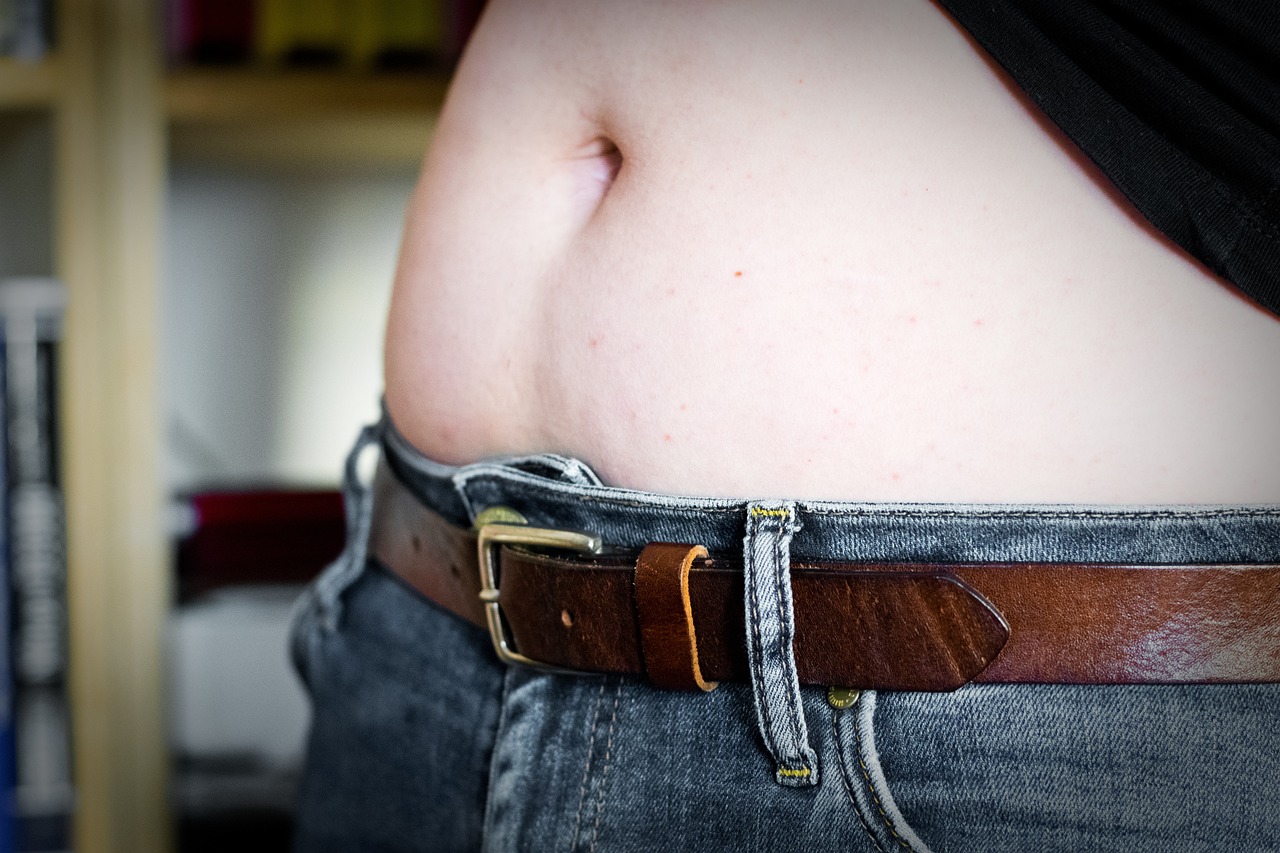Losing weight can often feel like an impossible math problem, but the truth is surprisingly straightforward: to shed pounds, you simply need to consume fewer calories than you burn. Unlike the gimmicky promises of diet pills or fads, this is the real science-backed strategy. But how do you figure out how many calories you need? Enter the Basal Metabolic Rate (BMR), a formula created almost a century ago to determine how many calories your body burns at rest to maintain its current weight.
Calculating Your Basal Metabolic Rate (BMR)
Your BMR is essentially the number of calories your body needs to keep your heart beating (heart rate) , your lungs breathing, and your brain thinking—all while doing nothing. To calculate your BMR, use these formulas:
For women: BMR = 655 + (Weight x 4.35) + (Height x 4.7) - (Age x 4.7)
For men: BMR = 66 + (Weight x 6.23) + (Height x 12.7) - (Age x 6.8)
Let’s break it down. Imagine you’re a 38-year-old male weighing 155 pounds and standing 5’8”. Your calculation would look like this:
BMR = 66 + (155 x 6.23) + (68 x 12.7) - (38 x 6.8) = 1636.85
To find the actual calories burned daily, multiply your BMR by your activity level. If you’re sedentary, use a multiplier of 1.2. For light activity, use 1.375. For this example, let’s assume a sedentary lifestyle:
Calories Needed = 1636.85 x 1.2 = 1964.22
Think of Calories as a Bank Account
Imagine your calorie intake as a bank account, where the daily deposit equals your caloric needs. Spend wisely, and you’ll maintain or lose weight. Overspend, and you’ll gain weight. For example, if you need 1964 calories per day to maintain your weight but eat only 1664 calories, you’ll save 300 calories daily. Since 3500 calories equal one pound of fat, this small deficit can lead to a pound of weight loss in about 12 days.
Burning Off the Extra Cookie
What happens if you indulge in an extra 300-calorie cookie? You’ll need to “work overtime” to burn it off. A brisk 20-minute walk burns approximately 300 calories, balancing the indulgence. Don’t enjoy structured exercise? Incorporate movement into daily life: park farther away, take the stairs, or go for a walk during lunch breaks. These small actions add up over time.
The Secret to Sustainable Weight Loss
The key to successful weight management is consistency. Treat your diet as a lifelong habit rather than a temporary challenge. By understanding your BMR and daily caloric needs, you can make informed choices. Pair a modest calorie deficit with increased physical activity for the best results. - Remember, it’s not about perfection—it’s about balance. Swap sugary drinks for water, enjoy treats in moderation, and find activities you love. With these strategies, weight management becomes less about sacrifice and more about living a healthy, enjoyable life.













